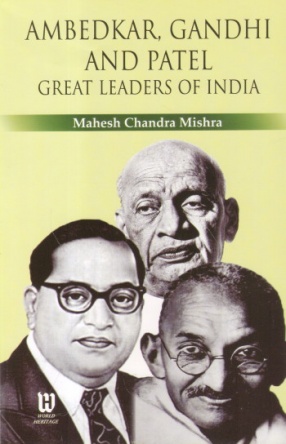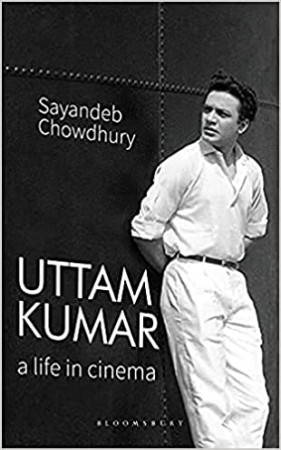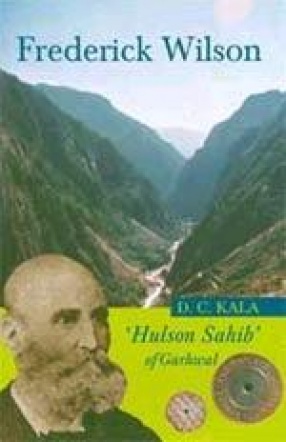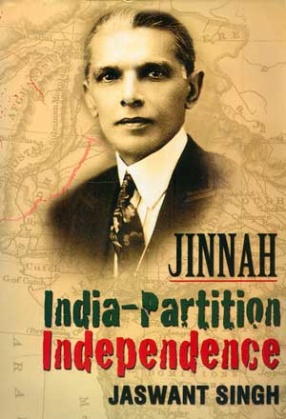Ambedkar, Gandhi and Patel: Great Leaders of India
Ambedkar was one of the most prominent political figures of his time. He was critical of mainstream Indian political parties for their lack of emphasis for elimination of the caste system. He accused Gandhi for reducing the untouchable community to a figure of pathos. At a depressed classes conference on August 8, 1930 Ambedkar outlined his political vision insisting that the safety of the depressed classes hinged on their being independent of Government and the Congress. Gandhi’s deepest strivings were spiritual, but he did not as had been the custom in his country-retire to a cave in the Himalayas to seek his salvation. He carried his cave within him. He did not know, he said, any religion apart from human activity; the spiritual law did not work in a vacuum, but expressed itself through the ordinary activities of life. This aspiration to relate the spirit-not the forms- of religion to the problems of everyday life runs like a thread through Gandhi’s career; his uneventful childhood, the slow unfolding and the near-failure of his youth, reluctant plunge into the politics of Natal, the long, unequal struggle in South Africa, and the vicissitudes of the Indian struggle for freedom, which under his leadership was to culminate in a triumph not untinged with tragedy. Sardar Vallabhbhai Patel started his Law practice in Godhra. Soon his practice flourished. He got married to Jhaberaba. In 1904 he got a baby daughter Maniben and in 1905 his son Dahyabhai was born. Vallabhbhai sent his elder brother Vitthalbhai, who himself was a lawyer to England for higher studies in law. Patel was only thirty-three years old when his wife died. He did not wish to marry again. This book provides deep insight to various dimensions of issues relating to the subject.
Get it now and save 10%
BECOME A MEMBER







Bibliographic information